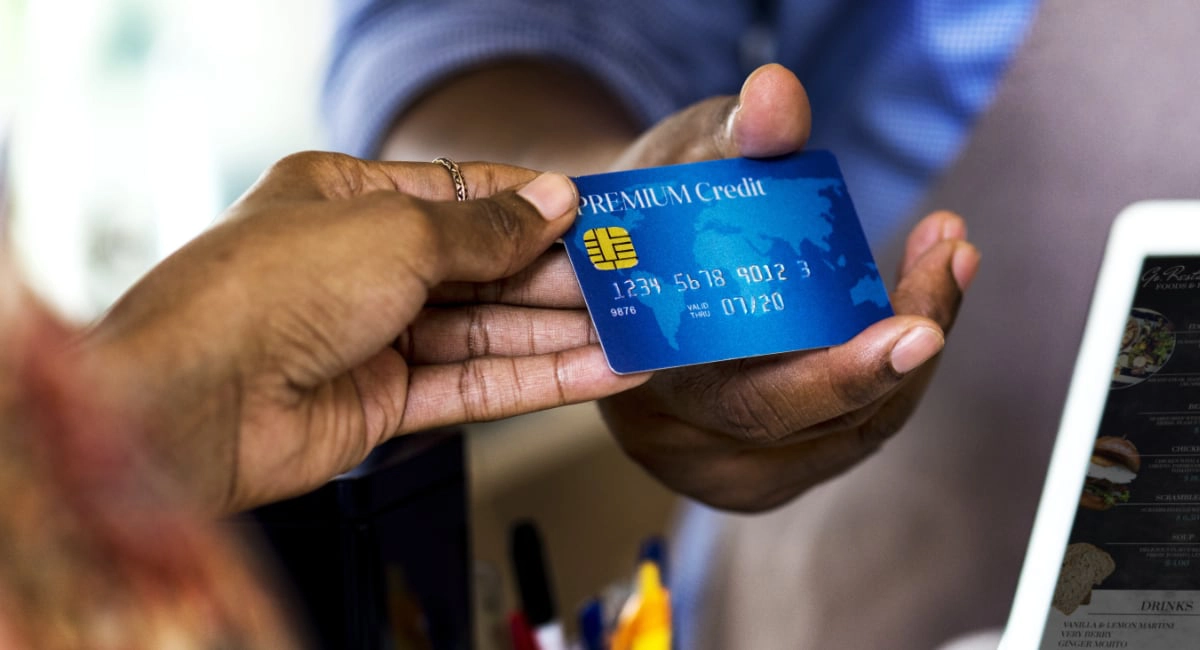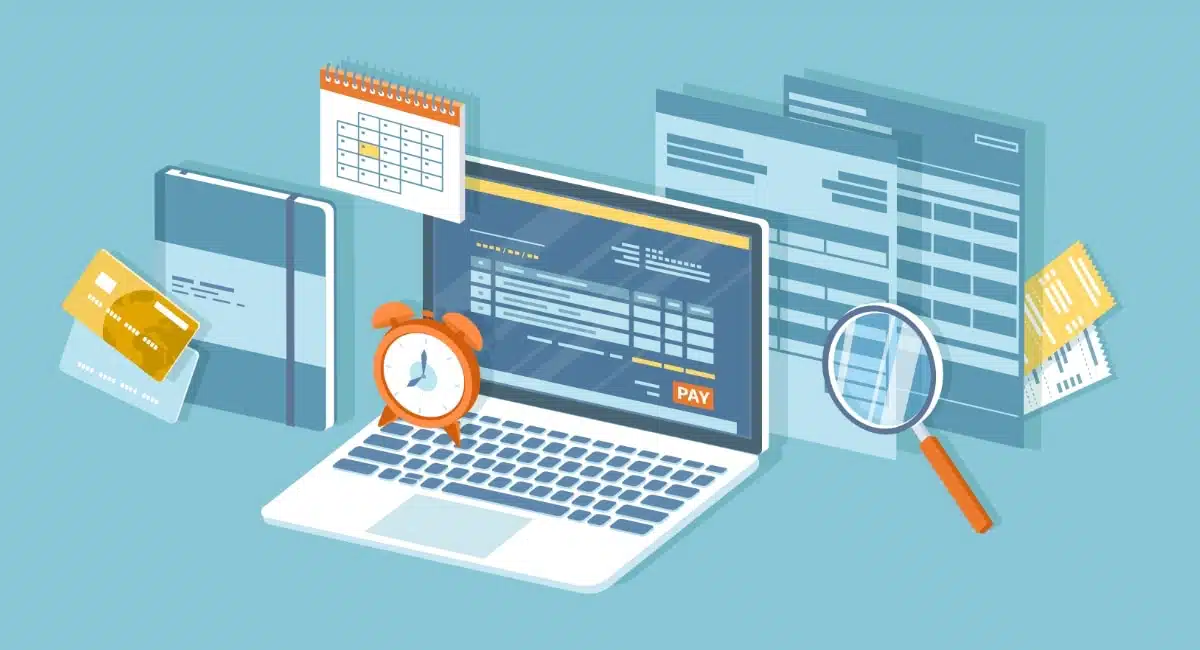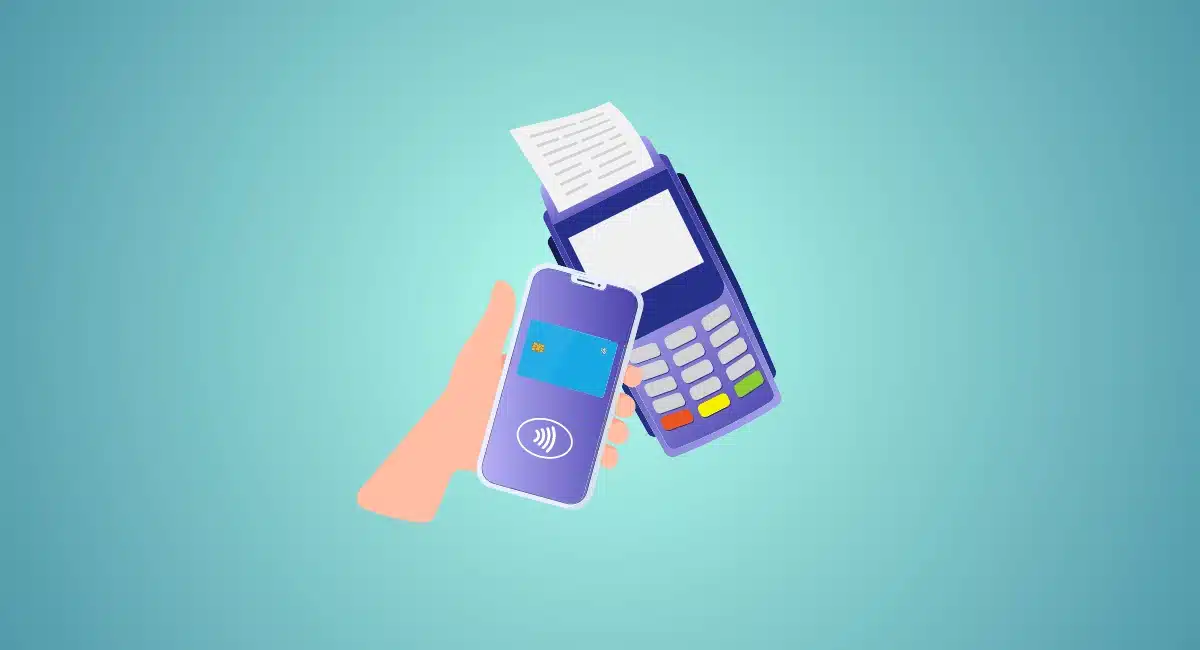To accept credit and debit cards in person, online and over the phone, businesses use a merchant account – but what is it exactly?
A merchant account is where transaction money “rests” until it reaches your business bank account. It acts as the intermediary between all the different parts in the card payment process, so money can be securely transferred from your customers’ payment card to your bank account.
As such, it is not a typical bank account for merchants and you cannot access it directly.
Characteristics of a merchant account
- A holding account for transaction money while the payment is processed
- Works directly with card networks (Visa, Amex, etc.), card issuers (customer’s bank) and card processors (typically the merchant’s terminal provider) to clear transactions in your bank account
- Merchant accounts are, by definition, provided by acquirers or acquiring banks
- Comes with a contract, card processing fees and other costs
- Has a unique merchant ID for your business
- Provides an extra level of security to card payments
Do you need a merchant account for your business?
Planning to accept card payments? If the answer is yes, you’ll inevitably use a merchant account. It might not be your own with a unique merchant ID, but somewhere behind the scenes, a merchant account is used to process payments to your bank account.
Whether you need one with its own contract depends on what makes sense for your business. Merchant accounts typically have different fees, but you could get very good card rates if the businesses is making enough money.
What is an aggregator?
Aggregators use one Master Merchant ID for many merchants of a matching industry, instead of an individual Merchant ID per company.
For the simplest solution, an aggregator like Square, PayPal, myPOS or Zettle takes the work out of setting up a payment system. They set up a shared merchant account for many businesses, so you don’t have your own.
This “aggregation of merchants” lends them the name “aggregators”. By spreading the cost between many merchants, you will get a fair card rate without any contractual obligation. It’s less paperwork for sure, but larger businesses can get more favourable rates with a dedicated merchant account.
Traditional vs. online merchant accounts
By definition, merchant accounts are provided by “acquiring banks”, also called “acquirers”. These are not usually your high street bank – they can be a provider specialising in different kinds of merchant services related to card acceptance.
Traditionally, merchant accounts are granted after weeks-long applications, and once opened, you’re in a long-term contract with the acquirer. You can also go to independent service providers (ISPs) like Takepayments and Paymentsense, who negotiate contract terms with acquirers on behalf of merchants. This way, you may not handle the merchant account directly, but there will still be a contract.
Nowadays, fintech companies like PayPal and myPOS provide so-called online “merchant accounts”, but these are not the same as actual merchant accounts described above. It is simply an online account through which you can access money received by payments online or through certain card readers. They use behind-the-scenes merchant accounts of their own, but you don’t enter into a contract with it.
Online accounts can receive or make transfers or payments without necessarily being connected to your day-to-day bank account. Take, for example, PayPal’s Business account. Customers can pay you through the PayPal Here card reader or online in whichever way you’re set up to receive payments. It is then up to you whether you transfer that money to a bank account, use a special debit or credit card attached to the online account, make PayPal payments of your own, or keep it online.
Where to get a merchant account: UK acquirers for face-to-face businesses




